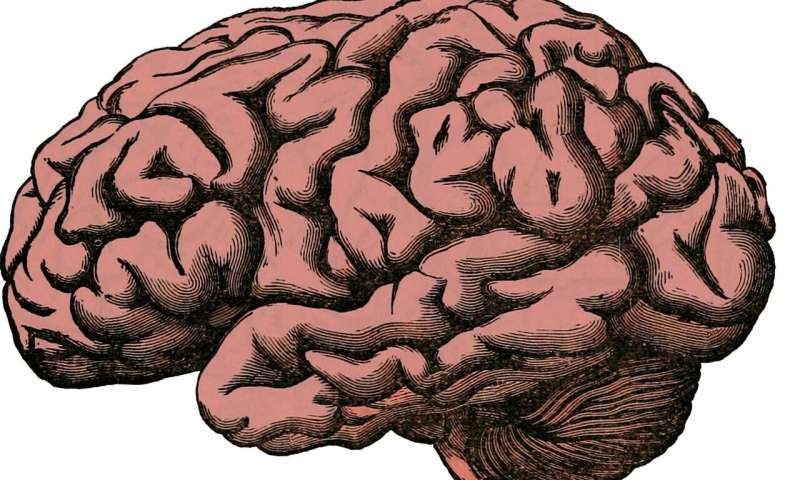Team proposes a holistic economic reimagination that focuses on brain health to improve employees' resilience

After the COVID-19 pandemic crippled the global economy, scientists at the Center for BrainHealth, part of the University of Texas at Dallas, worked with researchers around the world to develop a science-based plan that could help the economy recover and prevent similar collapses in the future. The Brain Capital Grand Strategy is an economic reimagination wherein organizations invest in employees' brain health as a critical, measurable asset. Improving brain health—emotional, behavioral and cognitive functioning—helps people tap into their brain's limitless potential, catalyze innovative thinking and improve their productivity, in turn strengthening the transforming economy.
The paper was recently published in Molecular Psychiatry. The Brain Capital Grand Strategy was a massive collaborative effort by numerous researchers, including Sandra Bond Chapman, Ph.D., founder and chief director of the Center for BrainHealth, and Ian Robertson, Ph.D., both co-directors of The BrainHealth Project. The author group also included experts from the Organization for Economic Co-operation and Development (OECD) and the Asia-Pacific Economic Cooperation (APEC).
Science has shown that many people think about intellect as fixed. This is inaccurate and limits the potential of the human mind. The BrainHealth Project—the largest scientific study to redefine brain health and provide strategies for improving and maintaining the brain's performance—is central to the Brain Capital Grand Strategy. The BrainHealth Project defines brain health as a holistic health measure that includes components like a person's psychological well-being, social adeptness, and capacity for innovation.
This measure, known as the BrainHealth Index, could serve as a predictor of when a community, corporation or country have the wherewithal to be resilient.
"The BrainHealth Index will be a central component of the Brain Capital strategy," said Harris Eyre, MD Ph.D., the senior author on the paper. "This measurement of brain health will allow for us to track, benchmark and implement the Brain Capital Grand Strategy in policy. This Index can also be used by executives, human resource managers and board members," he said.
In today's economy, many jobs require strong cognitive, emotional and social skills. Holistic education and policies promoting brain health through investment in brain capital could help people build cognitive resilience. Cognitive resilience is crucial in an economy where brain skills are central to productivity, especially in the midst of massive change. By redefining brain health and improving employees' resilience, The BrainHealth Project provides an avenue for lasting economic reform.
"Brain Capital is the economic benefit that accrues from keeping our brains powered at the highest level," said Dr. Chapman. "This is exactly what The BrainHealth Project is all about: helping people everywhere realize that they have this limitless power to become a more resilient version of themselves at all ages."
More information: Erin Smith et al, A Brain Capital Grand Strategy: toward economic reimagination, Molecular Psychiatry (2020). DOI: 10.1038/s41380-020-00918-w

















